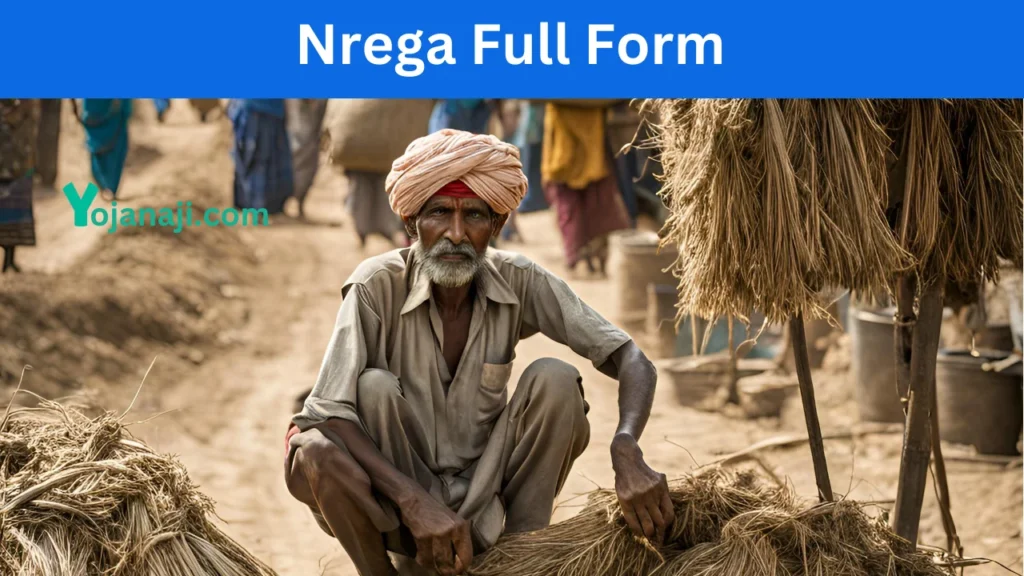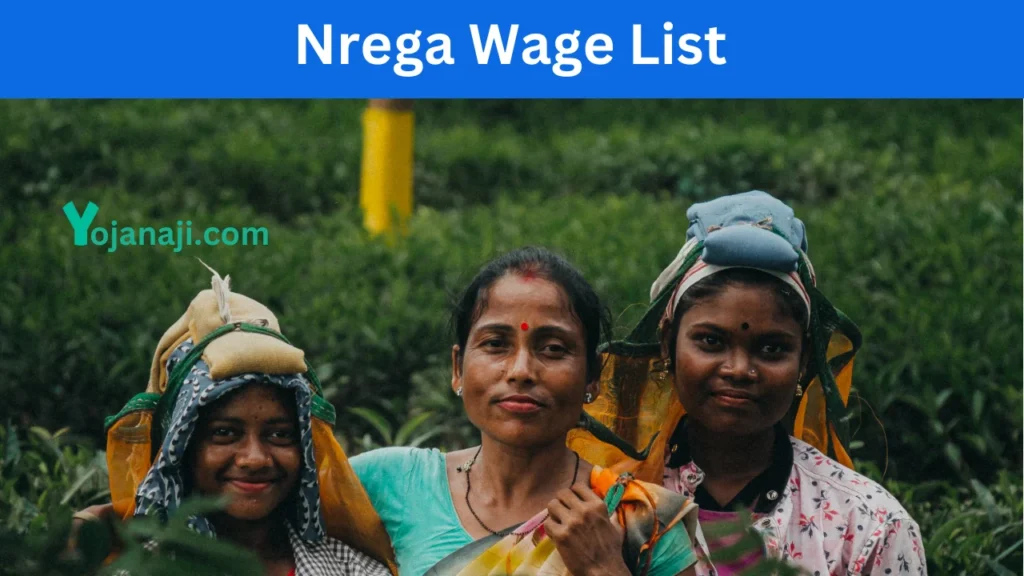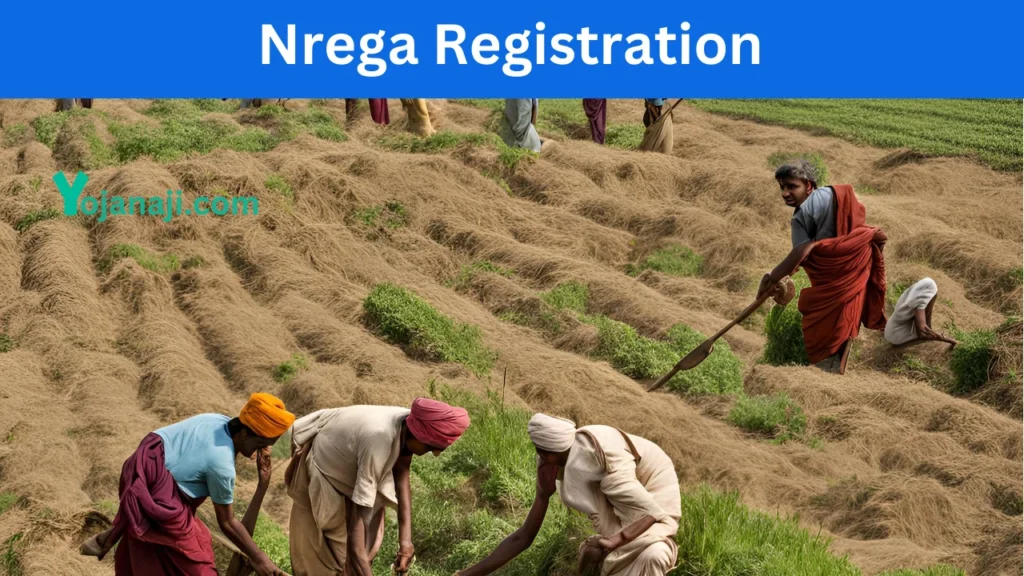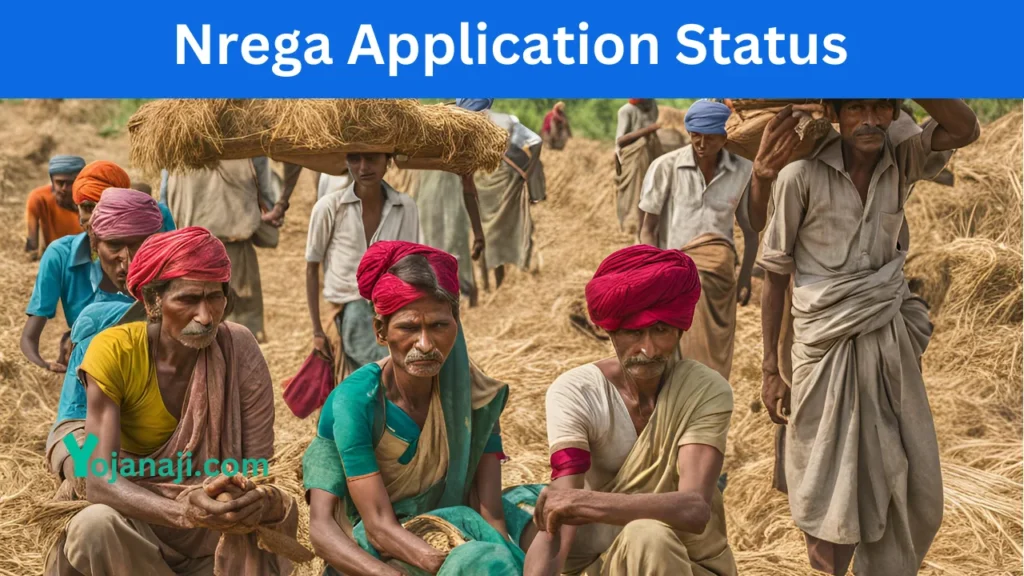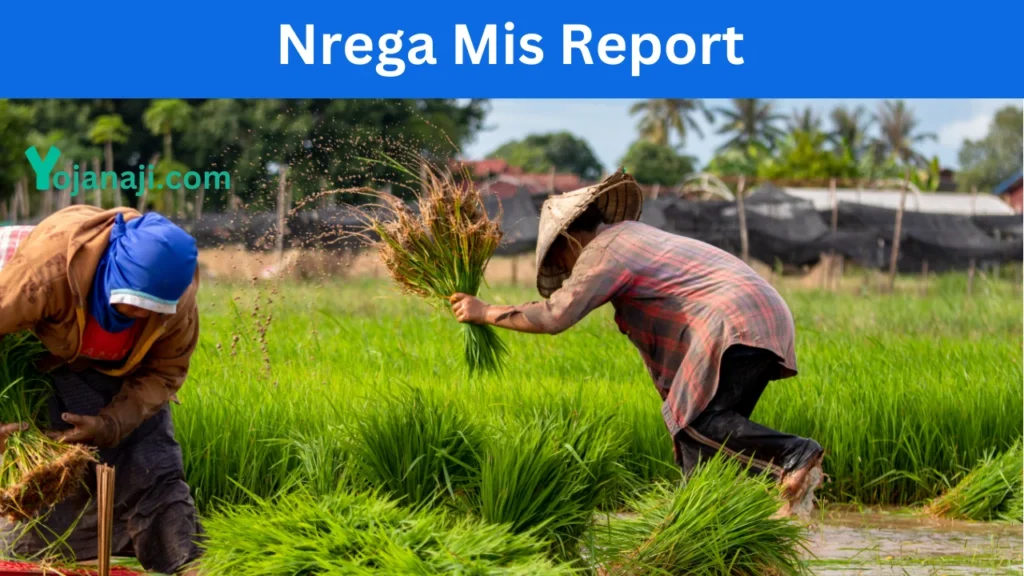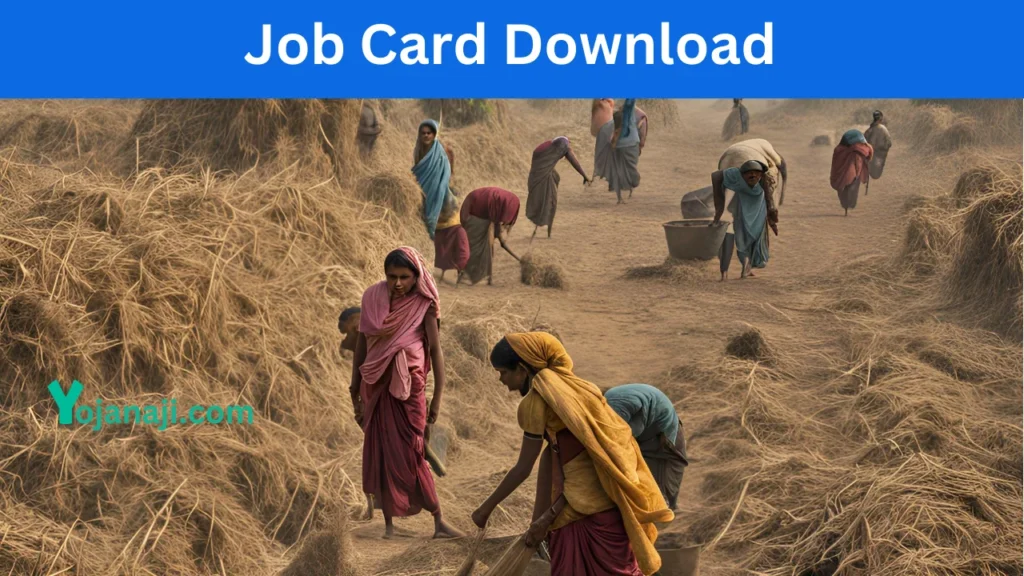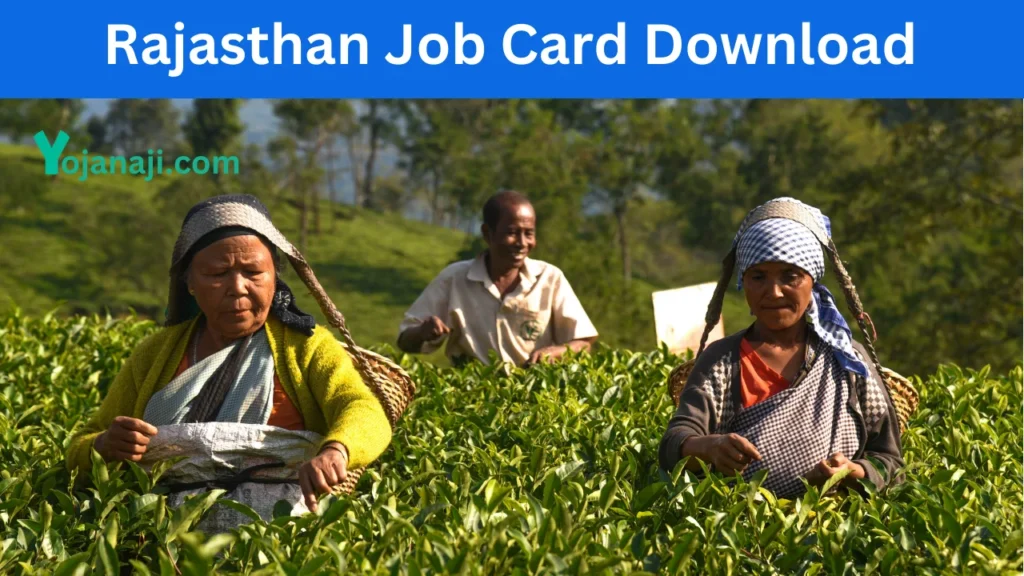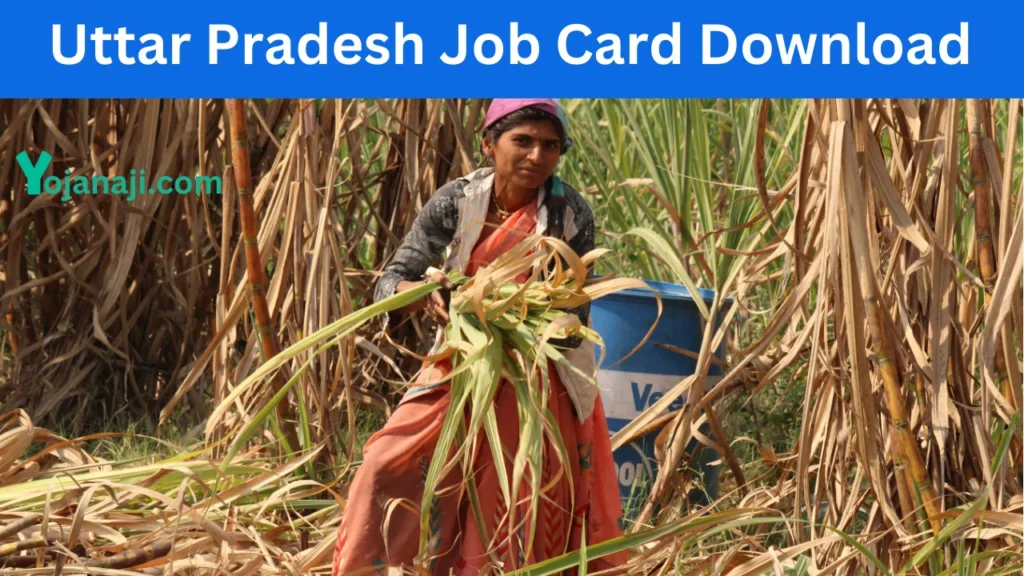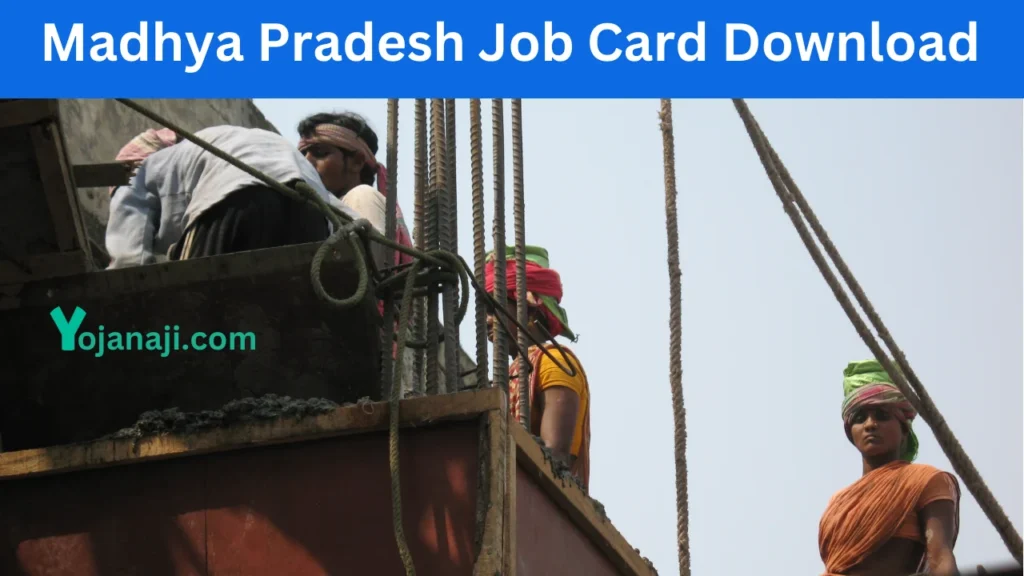The Mahatma Gandhi National Rural Employment Guarantee Act (MGNREGA) has been a cornerstone of rural employment in India, providing job opportunities to millions across the country. Among the states benefiting from this program is Punjab, where the Punjab Job Card List plays a crucial role in ensuring that rural households receive the guaranteed 100 days of employment each year. This comprehensive guide explores the significance, benefits, and process of the Punjab Job Card List, offering insights into how it empowers rural communities and contributes to the state’s economic development.
The Significance of the Punjab Job Card List
The Punjab Job Card List is an essential component of the MGNREGA scheme, which aims to enhance livelihood security in rural areas by providing at least 100 days of wage employment to every household whose adult members volunteer to do unskilled manual work. This initiative addresses the issue of unemployment in rural regions, reducing poverty and improving the quality of life for many families. The job card is more than just a document; it is a symbol of empowerment and a tool for ensuring transparency and accountability in the implementation of the MGNREGA scheme.
The job card acts as an identification document for individuals seeking work under the MGNREGA program. It contains crucial information such as the cardholder’s name, photograph, household details, and the period of employment. This card enables rural workers to access various job opportunities, ensuring that they receive fair wages and work within the stipulated guidelines of the scheme. The Punjab Job Card List, therefore, is a vital link between rural households and employment opportunities, fostering economic stability and social development in the region.
Benefits of the Punjab Job Card List
The Punjab Job Card List offers numerous benefits to rural households, contributing to their overall well-being and economic security. One of the primary advantages is the guarantee of employment. With the assurance of 100 days of work, families can plan their finances better, knowing that they have a stable source of income for a significant part of the year. This financial stability helps reduce migration to urban areas in search of work, allowing families to stay together and contribute to the development of their local communities.
Moreover, the MGNREGA scheme emphasizes the creation of durable assets, such as roads, canals, and irrigation facilities, which have long-term benefits for the rural economy. By participating in these projects, workers not only earn wages but also contribute to the infrastructure development of their villages. This dual benefit of immediate financial support and long-term community development makes the Punjab Job Card List an effective tool for sustainable rural development.
Additionally, the job card list ensures transparency in the implementation of the MGNREGA scheme. Each job cardholder is entitled to receive work within 15 days of applying, and the details of the work done and wages paid are recorded on the card. This process minimizes the chances of corruption and ensures that workers are treated fairly. The job card also empowers workers to demand their rights and entitlements, fostering a sense of dignity and self-respect among the rural populace.
The Process of Obtaining a Punjab Job Card
Obtaining a job card under the MGNREGA scheme in Punjab involves a straightforward process, designed to be accessible to all eligible rural households. The application process begins with the submission of a written application to the Gram Panchayat, detailing the names of adult members willing to work, along with their photographs and relevant documents such as Aadhaar cards or voter ID cards.
Once the application is submitted, the Gram Panchayat verifies the details and conducts a household survey to assess eligibility. After successful verification, the job card is issued within 15 days, free of cost. The cardholder is then eligible to apply for work under the MGNREGA scheme at any time. The entire process is designed to be transparent and efficient, ensuring that no eligible household is left out.
For those already holding a job card, the process of accessing work is equally simple. Cardholders can apply for work by submitting a written request to the Gram Panchayat or by participating in the Rozgar Diwas, a day dedicated to addressing employment-related issues in the village. The Panchayat is responsible for providing work within 15 days of the application, failing which the worker is entitled to an unemployment allowance.
Challenges and the Way Forward
Despite the numerous benefits, the implementation of the Punjab Job Card List and the MGNREGA scheme is not without challenges. Issues such as delayed payments, inadequate awareness among rural workers, and bureaucratic hurdles can hinder the effectiveness of the program. Addressing these challenges requires a concerted effort from the government, local authorities, and civil society organizations to ensure that the scheme reaches its full potential.
Enhancing awareness about the rights and entitlements under MGNREGA is crucial. Conducting regular workshops and information campaigns can help rural workers understand the benefits of the scheme and how to access them. Additionally, leveraging technology to streamline the application and payment processes can reduce delays and improve transparency. Implementing robust grievance redressal mechanisms will also ensure that workers’ issues are promptly addressed, fostering trust in the system.
- Odisha Job Card List
- Chhattisgarh Job Card List
- Madhya Pradesh Job Card List
- Punjab Job Card List
- Jharkhand Job Card List
- Uttar Pradesh Job Card List
- Rajasthan Job Card List
- Bihar Job Card List
- NREGA Job Card Download
- NREGA MIS Report
- NREGA Application Status
- NREGA Registration Process
- NREGA Wage List
- Full Form of NREGA- National Rural Employment Guarantee Act
- NREGA Job Card List
Conclusion
The Punjab Job Card List is a vital instrument in the fight against rural poverty and unemployment. By guaranteeing employment and ensuring fair wages, it provides much-needed financial stability to rural households. The scheme’s emphasis on creating durable assets contributes to the overall development of rural infrastructure, benefiting the entire community. While challenges remain, a proactive approach involving awareness, technology, and efficient governance can enhance the impact of the MGNREGA scheme in Punjab. The Punjab Job Card List, thus, stands as a beacon of hope for rural workers, empowering them with the tools and opportunities to build a better future.

Tamim is a distinguished policy analyst with over 15 years of experience in analyzing, government schemes and policies. Tamim brings a wealth of knowledge and expertise in the field of social development.
